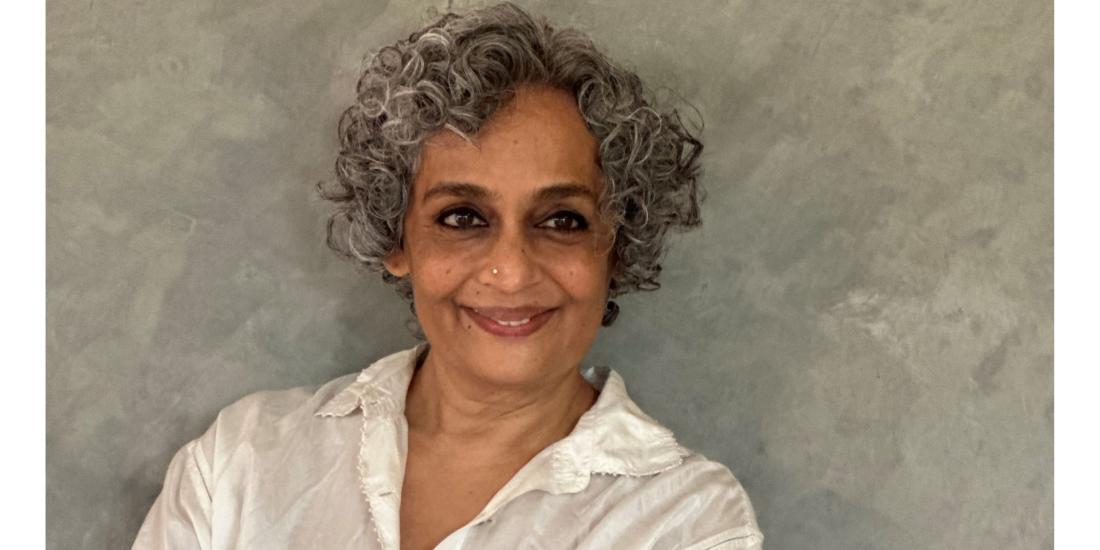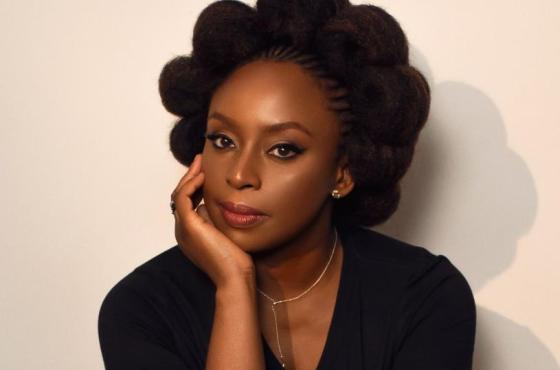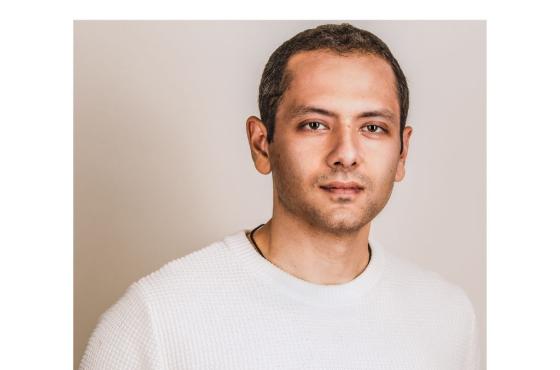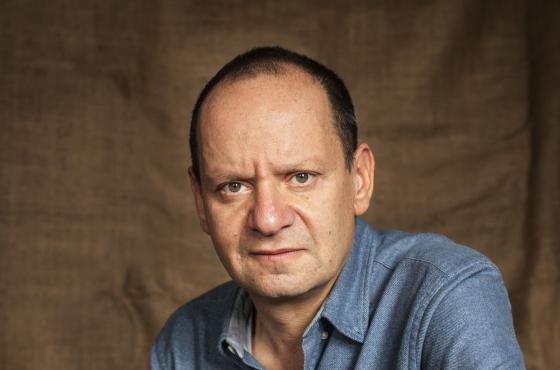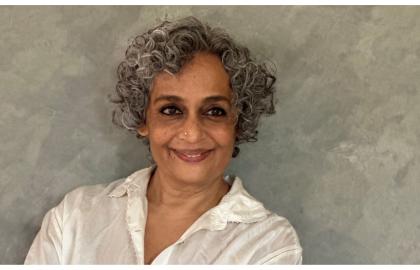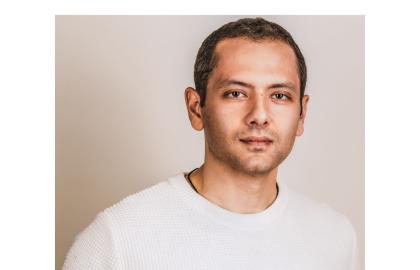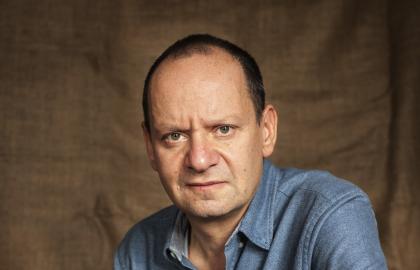“How much more exposed can they be?” Arundhati Roy asks herself in The Cost of Living (1999). “These are people whose histories are spongy with the blood of others. Colonialism, apartheid, slavery, ethnic cleansing, germ warfare, chemical weapons – they virtually invented all of it.” Since the early years of her career, the Indian author and activist, world-renowned for her debut novel The God of Small Things, has consistently challenged dominant narratives and what she calls western hypocrisy. Her long-awaited memoir, Mother Mary Comes to Me, revisits a life of courageous dissent.
For decades, Omar El Akkad couldn’t reach this point of dissent, feeling that he had to keep quiet in the name of journalistic neutrality or artistic show-don’t-tell. Until now. Born in Egypt, raised in Qatar and Canada, and now a US citizen, the writer and former war reporter dedicates his non-fiction debut to what it means to live in the West. “I knew for certain that there were deep ugly cracks in the bedrock of this thing called ‘the free world’”, he writes. “And yet, I believed the cracks could be fixed, that the thing at the core, whatever it was, was salvageable. Until the fall of 2023. Until the slaughter.” One Day, Everyone Will Have Always Been Against This is a searing critique of the West’s complicity in Israel’s genocide in Gaza, exploring the moral cost of looking away from systemic violence and injustice.
In her widely acclaimed debut novel Oroppa, Dutch-Moroccan writer Safae el Khannoussi brings a transgenerational perspective to questions of identity, migration, and cultural memory. A dazzling collage of stories within stories, the book explores the diversity, history, and relationship of the North African diaspora with the place that is their refuge but reduces them to caricatures: Europe. “Without being aware of it, I was struck by the same collective mania that has the people here under its spell and I too despised everything low, poor and non-European”, one of the characters reflects. “Indeed, I became more and more convinced that these demographic anomalies did not belong to the intrinsic character of Europe and certainly not to a magnificent city like Paris.”
A fourth voice confronting uncomfortable truths and challenging our ideas of justice and collective memory is Philippe Sands. The British-French author, international lawyer and legal scholar is a regular guest at Bozar. In his new novel, 38 Londres Street, he explores the ties between Chilean dictator Augusto Pinochet and Nazi SS officer Walther Rauff, who escaped punishment and continued his life in Chile. A gripping meditation on exile, accountability, and the legacies of authoritarian violence.
To some, these perspectives are refreshing. To others, they are deeply relatable. Either way, all eyes are on the West – and perhaps it’s time we take a closer look ourselves.
